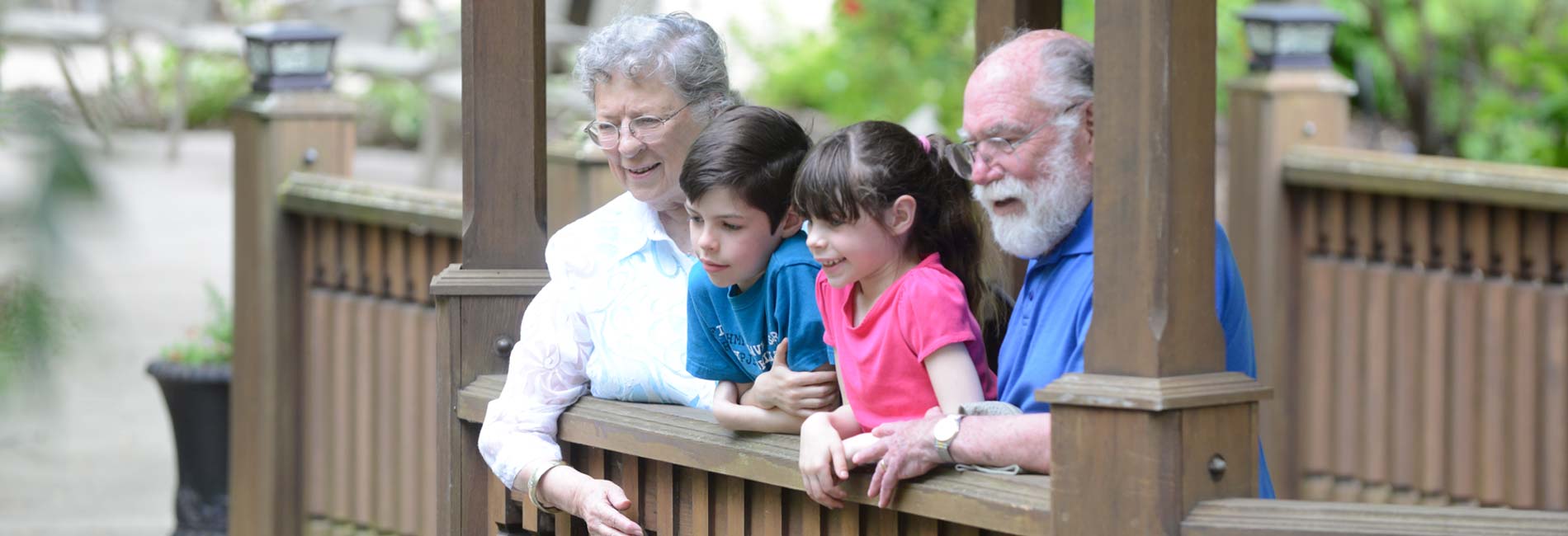The Sanctuary Assisted Living Charlotte: Quality Living Atmosphere
Wiki Article
Essential Guide to Memory Care Solutions in Assisted Living Neighborhoods
Navigating the landscape of memory care services within assisted living areas calls for a nuanced understanding of the specific programs and assistance systems offered. As people age, memory-related challenges can pose considerable hurdles to everyday living, making it essential to have actually access to customized care. From personnel training and credentials to environmental adjustments and restorative activities, the array of solutions provided can substantially influence the well-being and high quality of life for residents. By discovering the complexities of these vital components, a deeper insight right into the all natural approach of memory care services in assisted living areas arises, clarifying the thorough assistance offered to those in need.Specialized Memory Care Programs
Specialized memory treatment programs within assisted living areas play an essential role in supplying tailored support for individuals with cognitive disability. These programs are particularly developed to satisfy the unique needs of residents encountering memory-related obstacles such as Alzheimer's and mental deterioration. By concentrating on customized care plans, specialized personnel training, and producing a stimulating and safe environment, these programs intend to enhance the lifestyle for homeowners while advertising self-reliance to the fullest level feasible.The core elements of specialized memory care programs usually consist of structured daily routines, memory-enhancing tasks, and sensory stimulation to involve locals cognitively and mentally. Additionally, these programs usually provide specialized dining choices, medication monitoring support, and help with activities of day-to-day living to make sure comprehensive treatment for residents with differing levels of cognitive decrease.
Staff Training and Certifications
Efficient team training and certifications are vital parts of making sure high-quality treatment for residents in memory care programs within assisted living neighborhoods. Team member working in memory treatment units ought to go through specific training to understand the distinct needs of homeowners with mental deterioration and Alzheimer's condition. Training ought to cover topics such as interaction strategies, habits management techniques, and person-centered treatment methods. Personnel needs to additionally obtain education and learning on dementia-related behaviors, drug management, and emergency protocols to deal with different circumstances successfully.

Setting Adjustments for Memory Treatment
To make sure a detailed technique to care that addresses both personnel proficiency and physical environments, the atmosphere in memory care systems should be attentively adapted to satisfy the unique demands of citizens with dementia and Alzheimer's illness. The Sanctuary assisted living charlotte nc. Creating a dementia-friendly setting includes making certain adaptations that renaissance assisted living can help homeowners really feel safe, comfortable, and involvedOne vital aspect of setting adaptations is guaranteeing safety and protection. This includes carrying out steps such as safeguarded departures and entries to protect against residents from straying, installing handrails and grab bars for assistance, and reducing journey dangers throughout the home. Furthermore, using color-coded cues, clear signs, and acquainted items can aid locals try this out browse their surroundings much more conveniently.
Designing areas that are simple to browse and promoting independence via functions like memory boxes and aesthetic tips can likewise enhance the quality of life for locals with memory disabilities. By implementing these setting adjustments, helped living neighborhoods can give a helpful and nurturing setup for people with dementia and Alzheimer's illness.
Therapeutic Activities and Interaction
Interaction in deliberate healing activities plays a vital function in improving the well-being and cognitive feature of people living in memory treatment systems. These activities are very carefully created to promote memory, cognition, and social communication amongst citizens.Engagement in therapeutic tasks not only helps individuals maintain cognitive capabilities but additionally supplies psychological and social advantages. Participating in these tasks can lower sensations of clinical depression, seclusion, and anxiety frequently experienced by people with memory disabilities. Moreover, these tasks give a structured routine and a sense of objective for residents, contributing to an senior living overall improved quality of life.
Memory care communities often have committed team educated in assisting in therapeutic tasks, making sure that homeowners get customized and purposeful involvement that supports their cognitive and emotional health.
Interaction Approaches and Support
In facilitating significant communications and promoting alternative well-being for individuals in memory care units, effective communication strategies and assistance play an essential function. Communication in memory care entails comprehending locals' unique requirements, preferences, and abilities.Supporting interaction in memory care settings prolongs beyond spoken interactions. Additionally, caretakers trained in interaction methods for mental deterioration treatment can browse obstacles properly and react empathetically to residents' habits and feelings.
Final Thought
Finally, memory care services in assisted living communities play a critical duty in providing specialized treatment and assistance for individuals with cognitive disabilities. Via customized programs, skilled staff, adjusted settings, healing activities, and effective communication strategies, these services aim to boost the lifestyle for homeowners with memory issues. By dealing with the unique needs of these individuals, memory care services add to producing a supportive and risk-free setting that advertises total wellness and convenience.Efficient staff training and credentials are important elements of making sure top quality care for locals in memory care programs within assisted living neighborhoods - The Sanctuary charlotte senior care.Credentials for staff in memory care programs commonly consist of certifications in dementia care or Alzheimer's treatment, along with appropriate experience in working with people with memory impairments. Recurring training and expert development possibilities are crucial to make certain that team keep updated on the most recent finest methods in memory care and proceed to supply high-grade support to homeowners with cognitive difficulties. By investing in team training and certifications, helped living neighborhoods can boost the overall well-being and high quality of life for locals in memory care programs

Report this wiki page